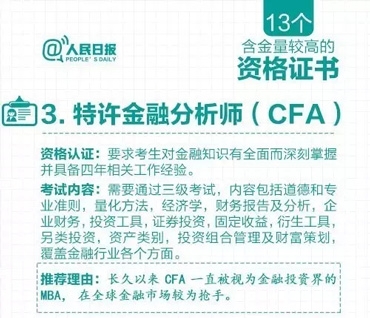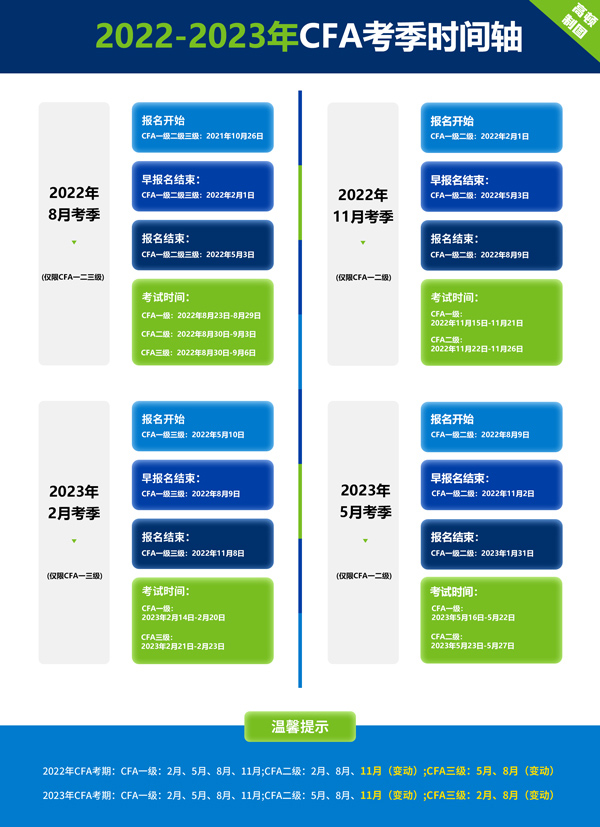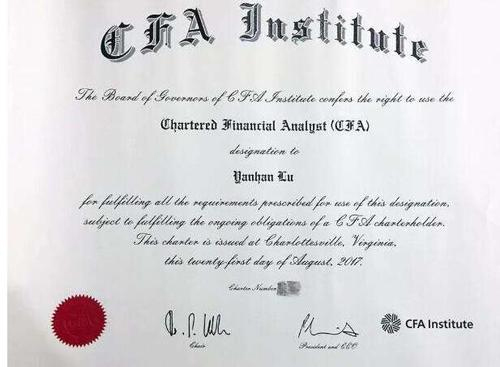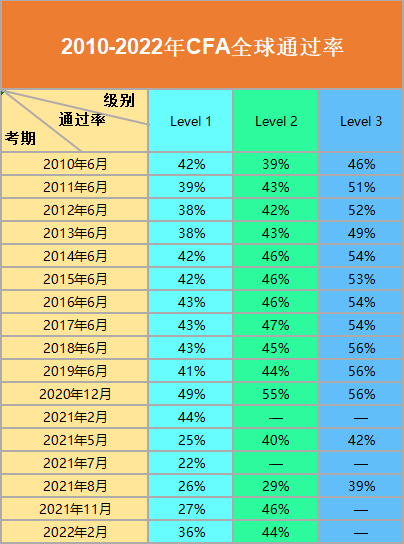“Long term.” This is a phrase that international investors have heard many times when it comes to investing in China. Veteran China investor Martin Lau, director, greater China equities, First State Stewart, apparently shares that sentiment.
I recently sat down with Lau in Hong Kong to discuss China investing and he could not contain his passion when the conversation turned to how long-term investors could profit from China’s growth. Lau sees four powerful trends that will play out over the coming decades:
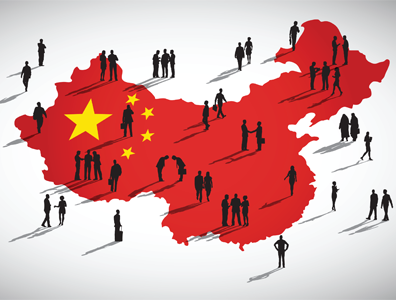
1. Moving Up the Manufacturing Value Chain
For the last 20 years, China has competed on cheap labor and successfully made itself the global manufacturing powerhouse. Chinese manufacturers that follow this strategy, however, inevitably earn low margins and low returns on their investments. The recent rise in labor costs in China has rendered this strategy even less effective.
The next generation of successful manufacturing companies in China will be the ones that can move up the value chain. Six million fresh college graduates join the Chinese labor force annually, and their training improves every year. Lau believes that over the next 10 to 20 years, China will increasingly compete on the quality of this talent and move from low-end manufacturing to segments with higher value added.
“I don’t think China will have an Apple or Samsung anytime soon, but certain companies would manage to generate attractive growth by moving up the value chain,” Lau said.Lenovo seems to be one such example. The company started out assembling motherboards and also made white-labeled cheap PCs. It has since evolved into the largest PC maker in the world and developed a strong global brand. In addition to PCs, it also makes smartphones and provides services.
2. Protecting the Environment
It’s no secret that China has a pollution problem. Images of runners wearing gas masks in a recent marathon in Beijing are hard to forget. Lau expects the government to pay much more attention to the quality of growth rather than the rate of growth. Air quality and water quality will continue to dominate headlines and people’s minds.
One major environmental investing theme for the next 10 to 20 years is the change in China’s energy mix. Currently, coal supplies close to 90% of the nation’s energy due to its cost advantage. Increasingly, the government is pushing for natural gas, which is a much cleaner energy source. In terms of the current energy mix in China, natural gas is at roughly 3–4%. It is easily in the 10–20% range in Australia.
Lau thinks this shift could benefit certain industries, for example, the gas operators. “On the other hand,” he added, “you probably would be more careful if someone is involved in the coal mining industry.”
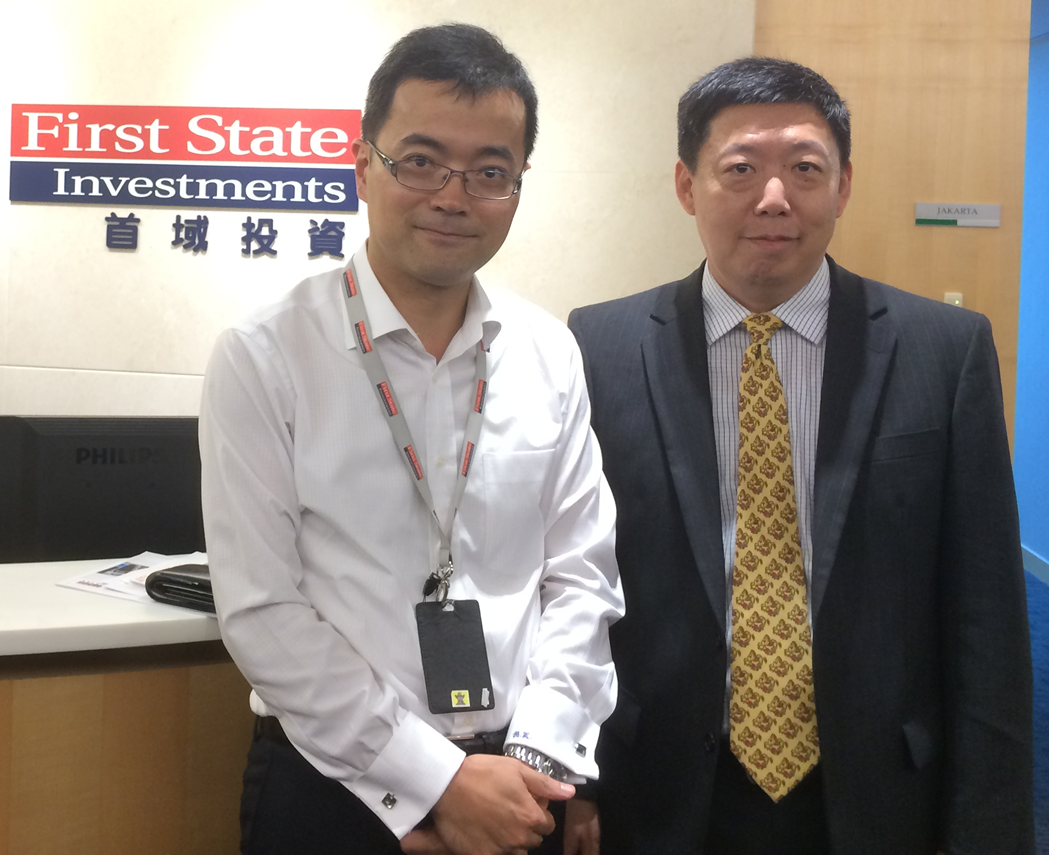 Martin Lau (l), director, greater China equities, First State Stewart, and Larry Cao, CFA
Martin Lau (l), director, greater China equities, First State Stewart, and Larry Cao, CFA
3. Growing Through Industry Consolidation
Lau argues that, barring telecom and oil, almost every industry in China is fragmented, so there is a lot of room for consolidation as the economy matures. “The largest developer in China, Vanke, has a market share of 2%,” he said. “For the largest retailer in China, China Resources, the market share is like 8%. The largest cement company in China, Anhui Conch, has a market share of 12%. The comparable numbers can be as high as 50% in developed economies.”
On top of that, Lau thinks China is entering a structurally slower growth phase simply because of the law of large numbers. This exerts pressure for industry consolidation to take place. “Deferring property downturn will be a blessing in disguise for the good quality property companies, such as Vanke, if you take a 10-year view,” he said.
Lau and his team focus on quality and industry franchise. He added, “We really want to find the likes of Walmart, McDonald’s, or Coca-Cola. Those companies actually can do well in the slower growth environment through performing better than other companies.”
4. Aspiring to New Things and Experiences
In the past, the Chinese economy was driven largely by investments. Lau argues that growth for the next 10 to 20 years will be driven by consumption.
“The younger generation will have different aspirations,” he said. “They probably would want to go overseas to travel. They probably want to go overseas to study. They probably will be heavily influenced by the Internet, etc. I think their aspiration would be very, very powerful.”
First of all, this will benefit a lot of consumer and services companies — especially in the entertainment and travel industries. For the last 10 years, Chinese tourists and their shopping appetites have been a huge driver of economic growth in Hong Kong. Down the road, they might prefer different things. They may not be buying Gucci handbags. But their aspirations will grow in such meaningful ways that the companies satisfying these aspirations will develop.
The best example could be Internet companies like Tencent, the technology giant that took off with its social media software WeChat. “They are both popular and profitable, much like Google,” Lau said.
If you dabble with investing in China, have our discussions of these trends helped you gain some perspective? And old China hands — where are you invested? You are welcome to share your China investing experiences with us in the comment section below.
In case you missed it, don’t forget to read the first installment in the Investing in China series, “How to Invest in China: Five Myths Stock Investors Should Ignore.”




 杂志刊文
杂志刊文
 发布时间:2013-12-18
发布时间:2013-12-18


 复制本文链接
复制本文链接 模拟题库
模拟题库
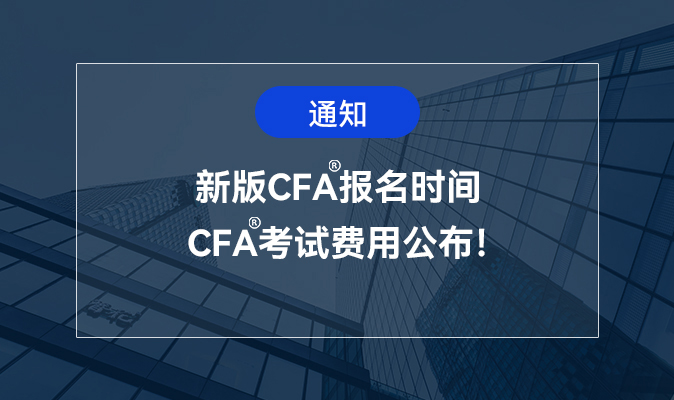
 26568
26568